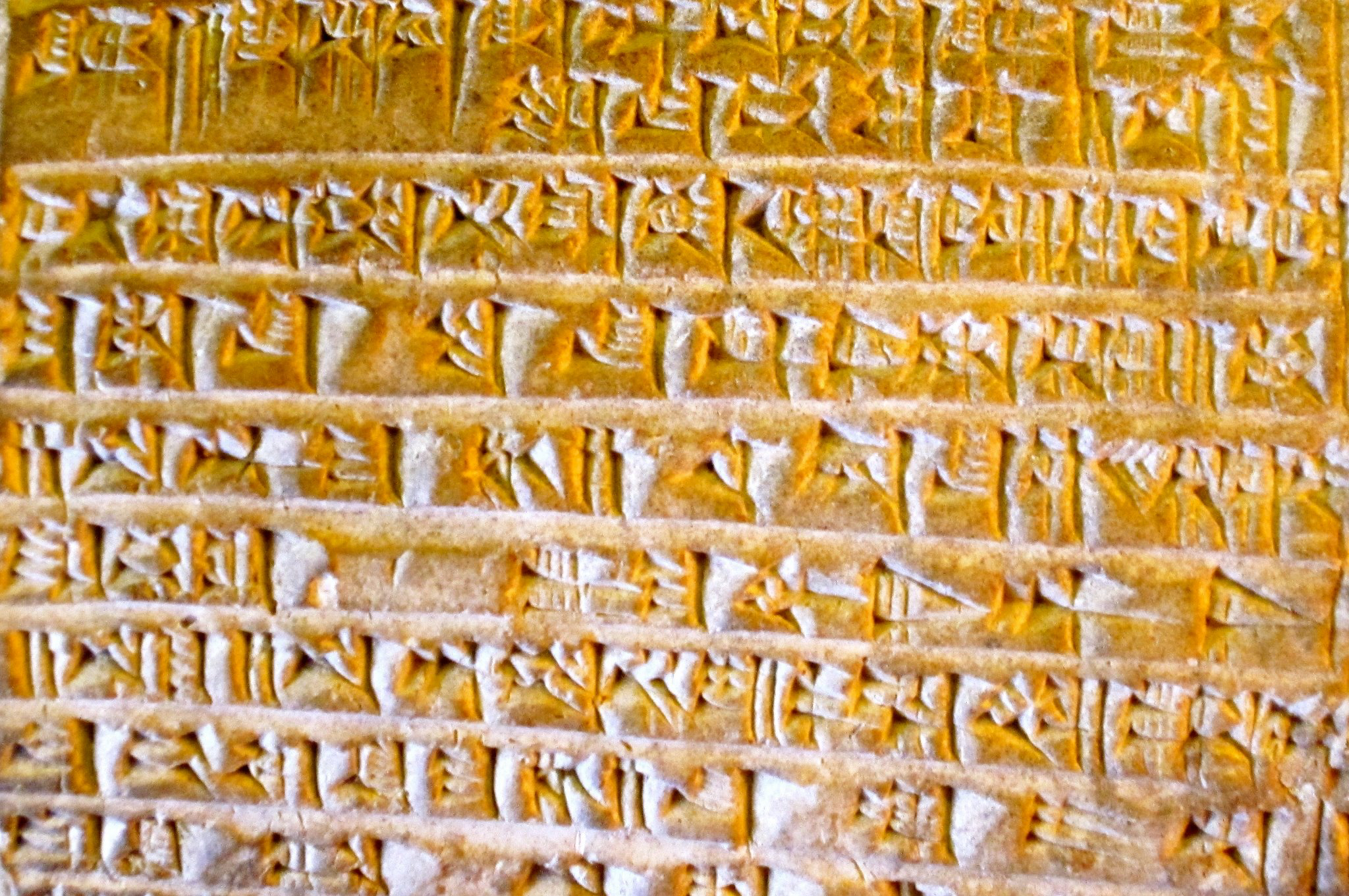
This course offers an academic introduction to the Hebrew Bible, which will serve to provide an overall framework for the structure of the course. After preliminary classes introducing and defining the topic of study, the course will move through the Hebrew Bible in a roughly historical sequence largely oriented toward the order of the prose books of the Hebrew Bible, with special topics and issues integrated into the course along the way, such as: gender and sexuality, historiography, ritual, sacred space, archaeology and material culture, scribalism, ethics, prophecy, Israelite religion, iconography, post/de-colonialism and empire, apocalypticism, the Dead Sea Scrolls, canonization, race and ethnicity, and other topics. No prior background in the subject matter or study of the Hebrew Bible is required or presupposed.
The course’s primary focus will be on the texts and contents of the Hebrew Bible, seeking to understand the biblical writings from a historical perspective. Attention will be given to such issues as ancient authorship, date and history of composition, social and historical setting, audience, literary shape, narrative techniques, major themes and ideas, religious perspective, political ideology, archaeology, epigraphic materials, iconography, comparative ancient Middle Eastern data, etc.
Additionally, this course will treat the interpretive contexts that (have) shape(d) the modern study of the Hebrew Bible. Although the Hebrew Bible is an ancient collection of texts that stems from a world far removed from ours chronologically, geographically, and culturally, it continues to serve contemporary communities, particularly religious communities. Moreover, the modern academic study of the Hebrew Bible has its own distinctive intellectual history. Thus, any attempt to understand the biblical materials in their ancient social and historical settings must also take account of the modern social, historical, and cultural contexts in which the study of the Hebrew Bible has developed and continues to take place. This course therefore will also explore the history, methods, theories, and discoveries of modern biblical scholarship, including both historical-critical approaches (e.g., source criticism, redaction criticism, textual criticism, tradition-historical criticism, form criticism, etc.) and current critical theoretical approaches (e.g., feminist criticism, queer theory, postcolonial biblical interpretation, critical race theory, etc.).- Teacher: Michael Stahl
